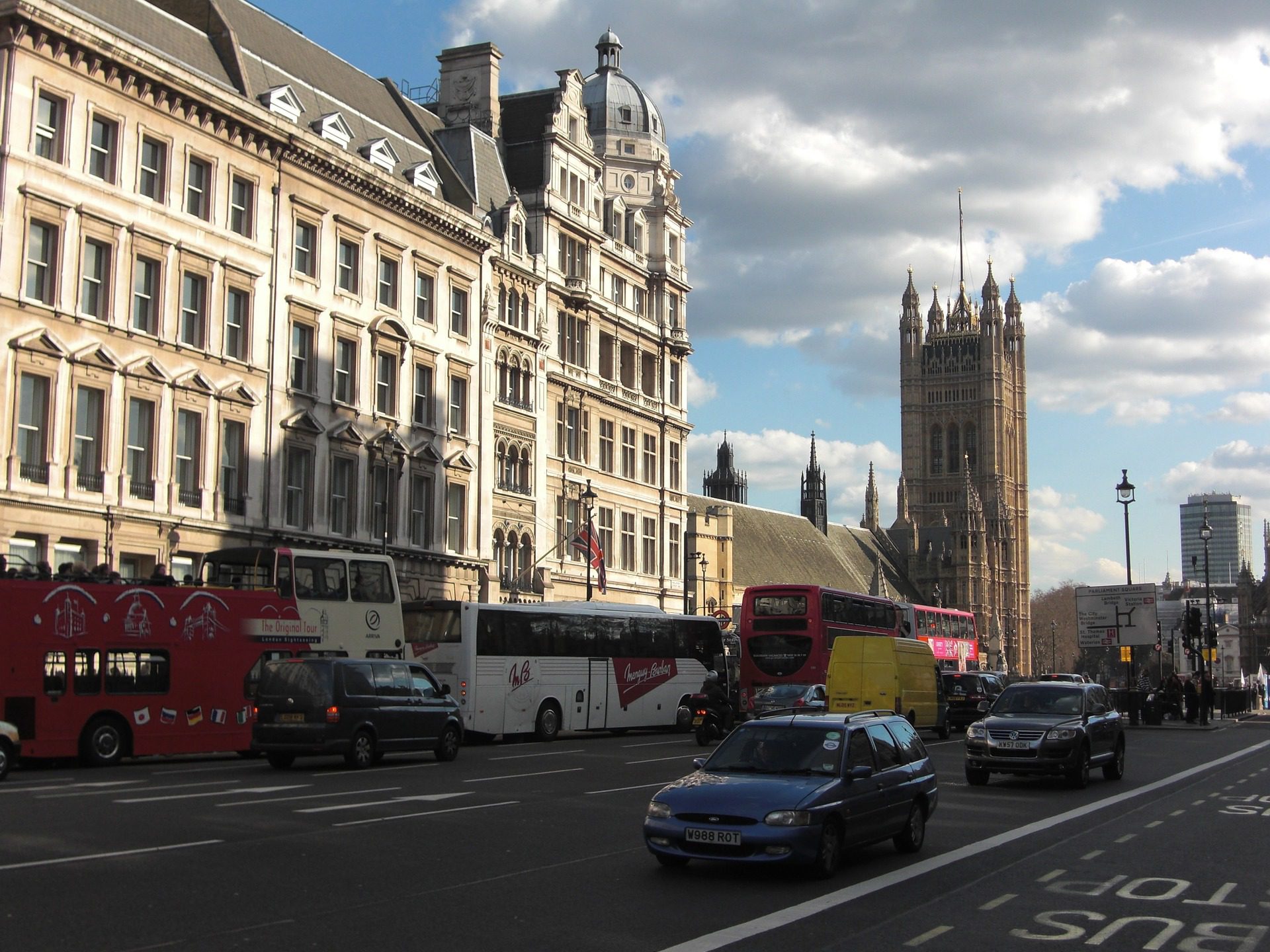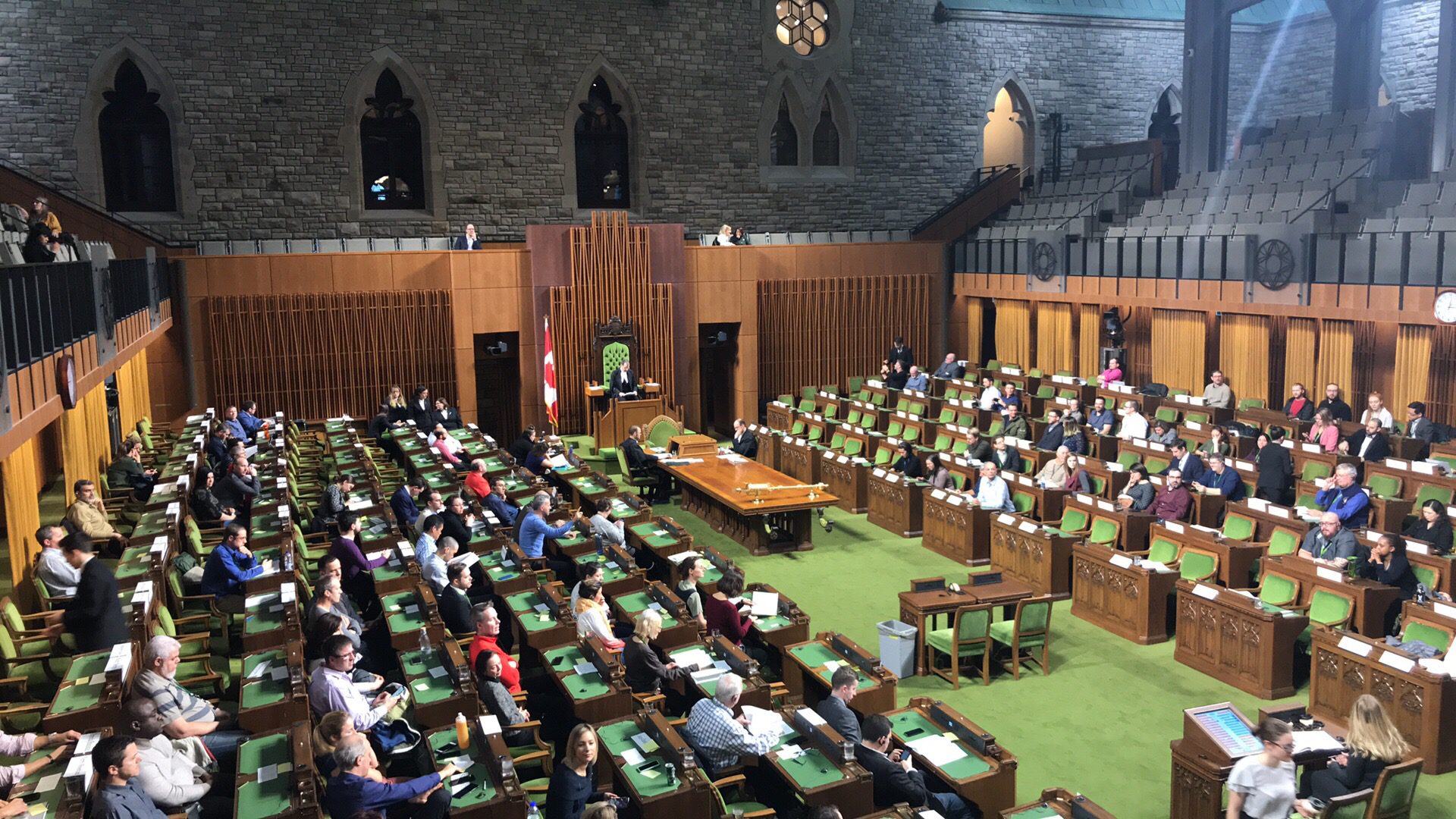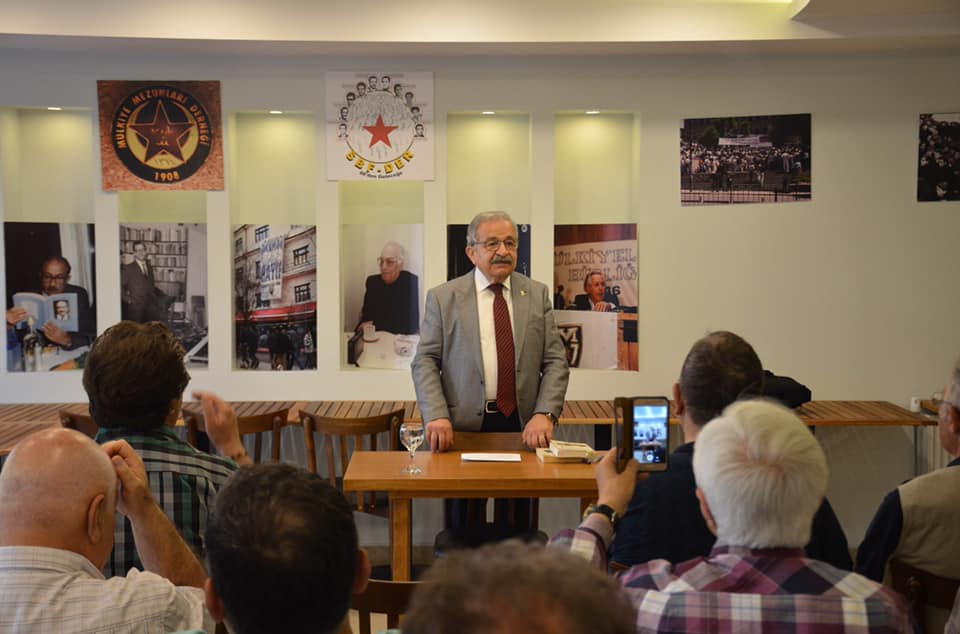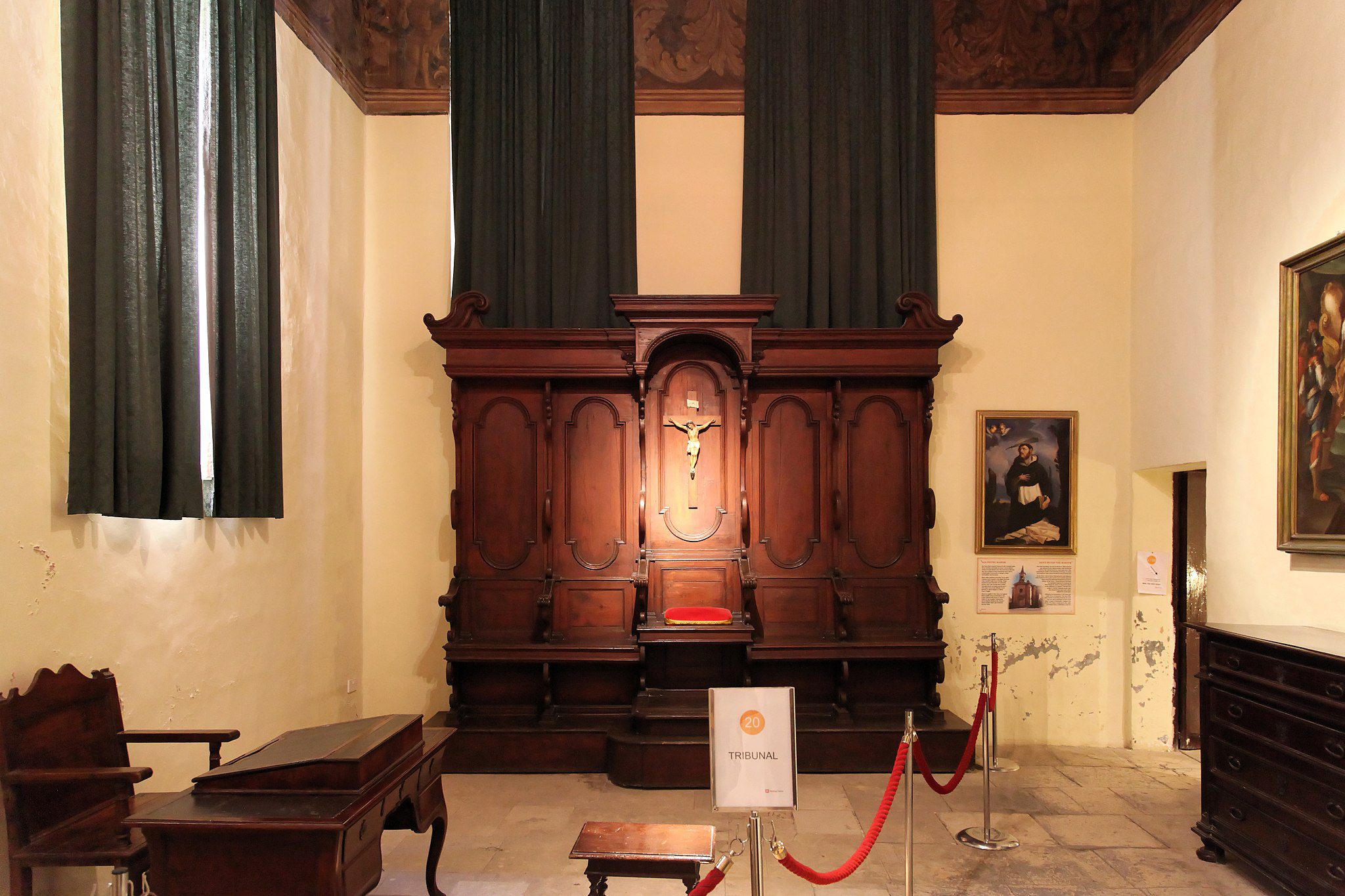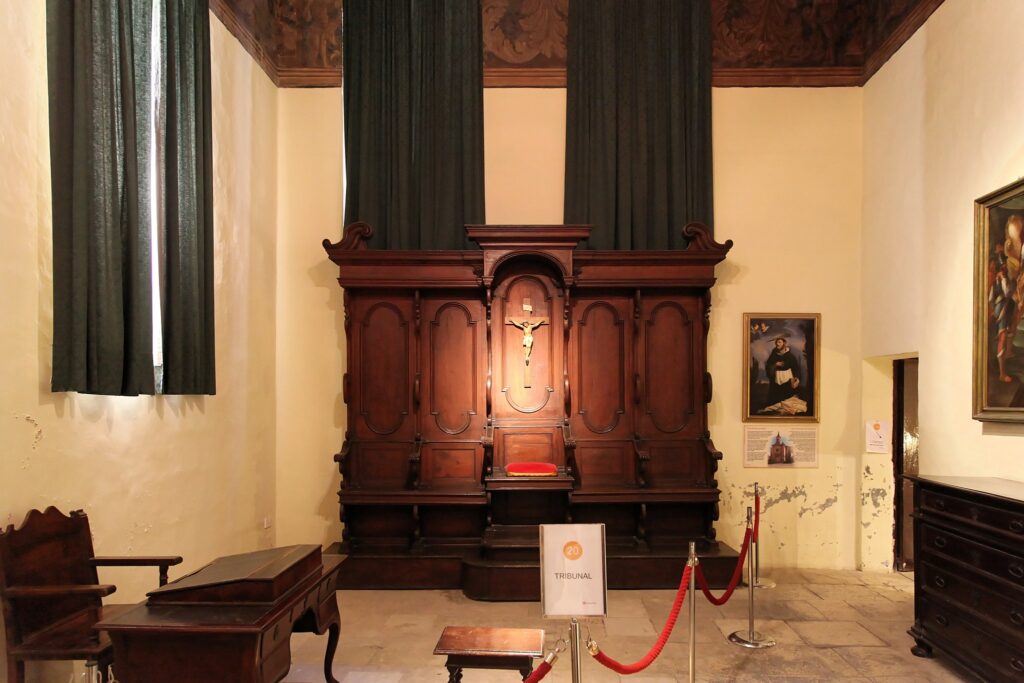Preface
Overcoming Prejudice and Hatred
The 1915 relocation was a dreadful operation for the Ottoman Armenians. It is undeniable that they suffered a great disaster with many innocent lives lost on their relocation routes.
The Armenian genocide lobby claims that the Ottoman government intentionally “marched Armenians to their deaths”, thus committing the first genocide in history, and that the relocation law was only a pretext for the extinction of Armenians. This allegation of genocide does not ring true. It has no historical evidence or legal framework. To term the events of 1915 as genocidze is to detach genocide from its legal definition and to use it for political or religious purposes.
No one has ever found any dependable documentary evidence to support the claim that the Ottoman government intended to exterminate the Armenians through relocation. On the contrary, there is considerable evidence of attempts to prevent such an outcome, though these were not very successful under the extraordinary conditions of World War I.
The 1915 relocation law introduced by the Ottoman government was a wartime security strategy and operational measure undertaken for reasons of urgent military necessity. The Ottoman Empire was fighting alongside Germany against Britain, France, and Russia. Armenians saw this as an opportunity to establish their own state and they revolted against the Ottoman Empire, of which they were citizens.
In Eastern Anatolia, tens of thousands of Armenians, including those under arms in the Ottoman army, fled to join the Russian Caucasian Army. Serving as scouts and advance units, they supported the Russian invaders. In Southern Anatolia, thousands of Armenian volunteers joined French Legion troops and took part in the occupation of numerous Ottoman provinces.
Those Armenians who stayed behind were also a great threat to the Ottoman war effort and to the lives of the Muslims of Eastern Anatolia. Just before the war, more than 12,000 Armenian males of fighting age had gone to Russia from Eastern Anatolia. There, they were trained in partisan and guerrilla tactics. Immediately after Russia declared war on the Ottoman Empire, they returned to Anatolia. Joining with others who had never left Turkey, as well as Armenian deserters from the Ottoman army, they organized guerrilla activities on both sides of the Ottoman frontier. Henry Morgenthau, the American Ambassador in Istanbul, reported to Washington on 25 May 1915 that nobody estimated the Armenian guerrillas to be “less than 10,000, and 25,000 thousand is probably closer to the truth”.
In the spring of 1915, when the British were at the Dardanelles, the Russians attacking in the east, and another British force apparently advancing on Baghdad, Armenian guerrilla activities had gained momentum all over Anatolia. Military supply and transport routes, and the communication channels of the Ottoman military units were sabotaged. Meanwhile the Armenian militias were attacking helpless Muslim villages in Eastern Anatolia and committing massacres against wholly innocent people. In some localities the entire Muslim population was killed. Armenian guerrillas were supported by Armenian villagers as well as by Armenians in the eastern cities that were home to leaders of their rebellion.
For the Ottoman leaders, the Armenian uprising was the deadliest of all national security threats. On 14 November 1922, the New York Times reported that a total of 200,000 Caucasian and Ottoman Armenian volunteers fought against the Ottoman Empire in World War I. In response, at approximately the same time that the Armenians seized the City of Van, the Ottoman government ordered that the Armenian population residing in or near war zones be relocated to the southern Ottoman provinces, away from the advancing Russian army. Armenians living away from the front, if reported or suspected to be enemy collaborators, were also relocated.

The Ottoman government took numerous measures for the care, protection and feeding of those subjected to deportation. However, under wartime conditions these measures were not fully implemented and unwanted suffering was not prevented. On the way to the south-eastern provinces, those being relocated were sometimes attacked by tribal gangs committing robbery or taking revenge for massacres of Muslims by Armenian bands, in some cases with the connivance of officials. Thousands of Armenians died in these attacks. The loss was multiplied by disease and famine.
In reaction, the Ottoman government investigated the crimes that had been committed. Hearings were held across the eastern provinces, followed by court-martials, at which nearly 1,000 gang members and more than 600 civilian officials or military personnel were sentenced to imprisonment and, in some cases, execution for the attacks on or abuse of the Armenians.
The Ottoman trials of 1915–1917, much before the end of war, unquestionably prove that the Ottoman government did not intend to exterminate Armenians through relocation. The number of Armenians who survived relocation also proves that there was no genocide. The well-known Armenian historian Richard Hovannisian has estimated that about 275,000 Ottoman Armenian refugees survived in post-war Syria, Lebanon, Jordan, Egypt, Iraq, and Iran. More than 100,000 Ottoman Armenians were in France, the United States, and elsewhere. These were survivors who had been completely in the hands of Ottoman soldiers and officials. Had the Ottomans wanted, they could have killed them all. Yet most of the relocated Armenians survived.
Detailing the suffering and losses during the relocation, even though they were not caused by genocide, is undoubtedly a humanitarian matter. However, this should be treated without prejudice and hatred while giving due scholarly attention to history and facts. The historical fact is that during World War I the suffering of Armenians was one of the many disasters that faced all the peoples of the Ottoman Empire. Those who lived in Anatolia, including Turks, Kurds, Armenians, Greeks, and Jews, suffered and made each other suffer.
Muslims were the dominant population in the Ottoman lands during World War I. This does not mean, however, that they were not affected by the devastation of this war. As revealed by the reports of some American missionaries, prior to the relocation ruling, Armenians also committed atrocious massacres in the villages they captured, including Van, which they occupied. In addition to the American archives, Russian, French, British, and German national archives are also full of documents recording the suffering inflicted on Muslims by rebel Armenian gangs both before and after the relocation. Moreover, the Greek occupation after World War I was also a period of extreme suffering for Muslims in Anatolia.
The painful human tragedies of war should be perceived holistically, without any racial and/or religious discrimination. These sufferings should be shared and, when necessary, mourned together. The perception of common suffering can only be realised by understanding the experiences of all Ottoman people, Muslims, and non-Muslims, together.
However, communicating the suffering in Anatolia during World War I faces two important obstacles today. These stem from the discriminatory and prejudiced approaches of those who try to impose the memory of relocation defined as “genocide”. The first obstacle is that the same sensitivity shown towards the suffering of Christians, especially Armenians, is not shown towards Muslims, Turks, and Kurds. The second is that the one-sided Armenian emphasis on such uffering overrides historical and legal facts and is used to support allegations of “genocide”.
“Genocide” is a legal concept. The classification of a historical event or a process as “genocide” can only be based on legal rulings, not personal convictions. In other words, the acknowledgement of suffering cannot change the definition of historical and legal facts.
Furthermore, the Malta Tribunal (1919-1921) which was conducted by the British Attorney General are key to establishing that the alleged Armenian genocide is a farce as it has no historical and judicial basis. The ruling of July 29,1921 corresponds to a “judgement of non-prosecution” which means, “if there is no legal evidence to support the Armenian massacre claims, there is no legal basis to file or bring a lawsuit”. As this ruling constitutes the first step to a court trial, the outcome of the Malta Tribunal is a final judicial decision consistent with the relevant description of 1948 United Nations Genocide Convention. Therefore, absolving the Ottoman Turks that “the “Armenian massacre”, or currently termed “genocide” allegations do not exist.”
This book aims to cleanse the debate on the “Armenian genocide” of prejudice, positioning it on historical and legal facts, and therefore preventing it from becoming a vicious “hate fight”. This is because prejudice nourishes discriminatory approaches. It damages our will to live together.
In order to overcome the prejudice surrounding the Armenian genocide and to be freed from the hatred fuelled by this prejudice, historical and legal facts must replace the “subjective-memory records” about the events of 1915, which have been transformed into some kind of “conscience fetishism”.
Historical and legal facts reveal that life is not black and white, but that there are shades of grey in between. This perspective allows us to see not only that the legitimate reasons for the 1915 relocation do not “justify” Armenian suffering, but also that the suffering inflicted does not eliminate the legitimate reasons for the practice. Historical and legal facts give us the opportunity to meet in this grey zone, which is free from prejudices, is no longer a vicious “hate discourse”, and opens the door to mutual tolerance.
My primary debt in writing this book is to Bilal Şimşir, a valuable researcher and diplomat who brought the events of the British H.M. Attorney General Office’s prosecution in Malta to Turkey’s agenda and opened his personal archives to me. I would also like to thank Jale (Swailes) Özer, President of the ADD (Atatürk Society UK), who provided me with the missing documents from the British archives.
My work on this book was made possible by the support of my wife, Nazime Gürkan, and my family. Without their patience and collaboration, it could not have been completed.
Uluç Gürkan, Ankara 2023

